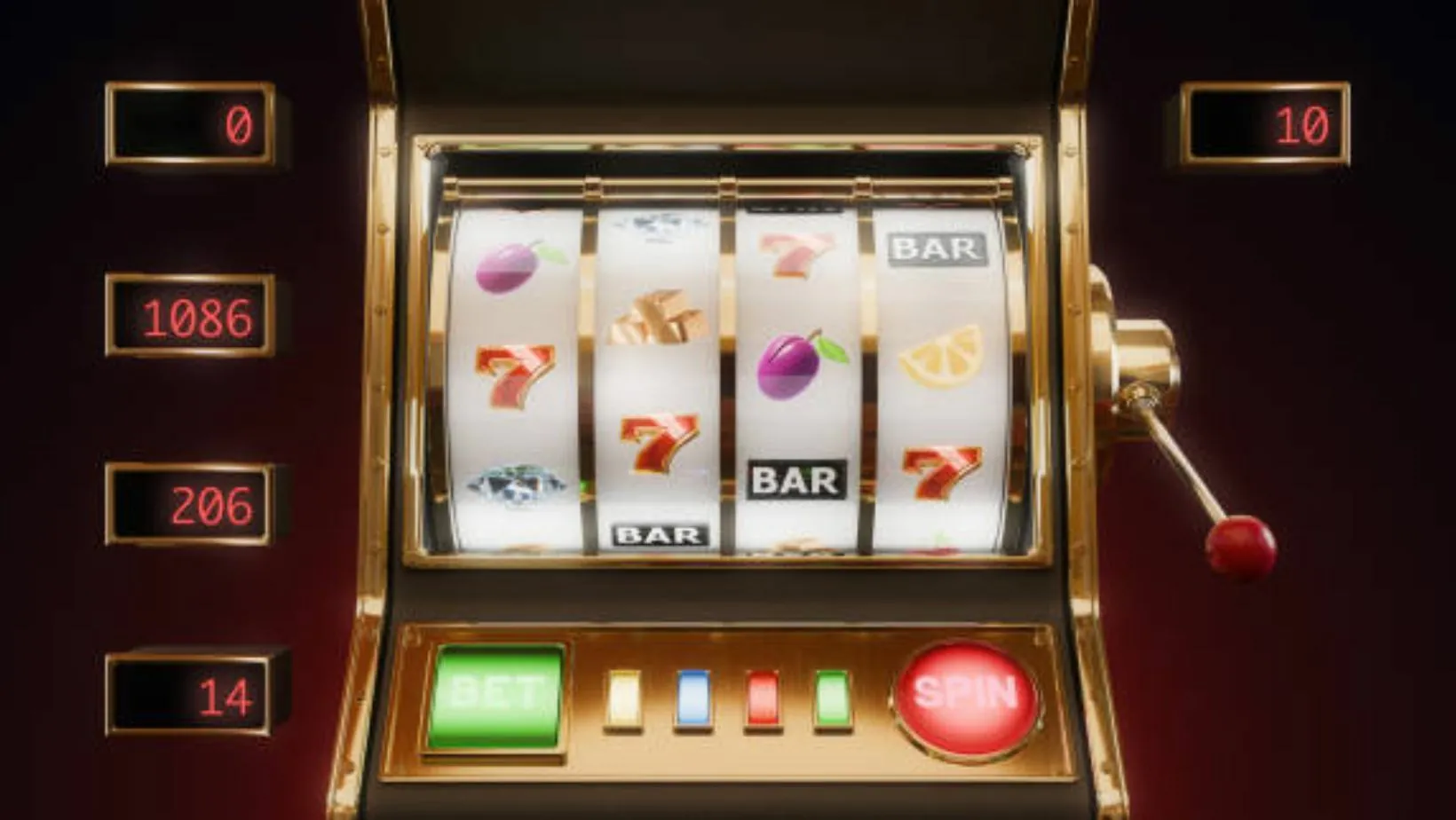In a world where “rise and grind” is the mantra, hustle culture has become the glittering gold standard for success. But is it really the badge of honor it claims to be? Between the relentless pursuit of productivity and the glorification of burnout, it’s time to ask if this non-stop grind is more toxic than trendy.
Imagine trading sleep for spreadsheets and joy for juggling deadlines. It sounds exhausting, right? While ambition is admirable, the pressure to hustle 24/7 can turn passion into a punishing chore. Let’s dive into why this hustle culture might just be the over-caffeinated villain in the story of our lives, and how stepping back could be the best move for our mental health and happiness.
Table of Contents
ToggleUnderstanding Hustle Culture
Hustle culture promotes a lifestyle centered on relentless productivity and perpetual busyness. This mindset views constant work as a badge of honor, glorifying overexertion while disregarding personal well-being. Individuals immersed in this culture often equate their self-worth with the number of hours they work or the projects they take on.
This incessant drive can lead to chronic stress and burnout. Many people experience emotional and physical exhaustion as the pressure to perform continually weighs them down. The belief that success comes solely from tireless effort can diminish creativity and passion, converting what was once an enjoyable pursuit into an overwhelming obligation.
Research indicates that hustle culture negatively affects mental health. According to the World Health Organization, work-related stress is a global concern that can result in anxiety and depression. Those immersed in a nonstop work cycle may neglect essential self-care practices, such as sleep, exercise, and social connections, further exacerbating their mental health challenges.
Moreover, hustle culture fosters unhealthy competition among peers. Individuals often feel compelled to showcase their productivity through social media, creating unrealistic benchmarks against which others measure their accomplishments. This competitive atmosphere can lead to feelings of inadequacy, jealousy, and isolation.
Reassessing the value placed on constant work is crucial. Recognizing the importance of rest, balance, and mental health can lead to a healthier approach to achieving personal and professional goals. Encouraging a culture that values well-being over non-stop effort benefits individuals collectively and fosters more sustainable success in the long term.
The Origins of Hustle Culture

Hustle culture has roots in various historical and modern influences that perpetuate a problematic work ethic. Understanding these origins reveals its pervasive impact on society.
Historical Context
Hustle culture traces its origins to the Industrial Revolution, which emphasized productivity and efficiency. The shift from agrarian lifestyles to factory work fostered a mindset focused on hard work as a path to success. Notable figures, like Benjamin Franklin, championed the “worth ethic,” equating diligence with virtue. As capitalism spread, the glorification of relentless effort solidified, laying the groundwork for today’s expectations surrounding work and success. This historical backdrop cultivates an environment where constant busyness is celebrated over well-being.
Modern Influences
In recent years, modern influences amplified hustle culture through social media and technology. Platforms like Instagram and LinkedIn encourage users to showcase accomplishments, creating a culture of comparison. The rise of entrepreneurship promotes self-made success narratives, pushing individuals to hustle relentlessly for financial independence. Influencers and thought leaders often propagate the idea that constant work correlates with higher status, perpetuating feelings of inadequacy among those unable to keep pace. These modern dynamics contribute to an unhealthy work ethic and stress, challenging the notion of a balanced lifestyle.
The Negative Impacts of Hustle Culture
Hustle culture imposes detrimental stress on individuals, affecting both mental and physical well-being.
Mental Health Consequences
Chronic engagement in hustle culture correlates with heightened anxiety and depression. Constantly prioritizing work over self-care fosters feelings of inadequacy and isolation. Research shows individuals who embrace relentless productivity are more susceptible to burnout, diminishing their ability to focus and create. The constant need to showcase achievements on social media exacerbates this issue, leading to unhealthy comparisons and a pervasive sense of failure. Balancing personal and professional life becomes increasingly difficult, as individuals sacrifice emotional health for career advancement.
Physical Health Risks
Hustle culture significantly impacts physical health, contributing to chronic conditions such as heart disease and fatigue. Prolonged work schedules often result in poor sleep quality, diminished immune function, and increased stress levels. Additionally, workplace pressure encourages sedentary behavior, which can lead to obesity and related complications. Neglecting exercise and healthy eating for the sake of productivity reduces overall vitality. Recognizing these risks promotes a healthier approach to work, where wellness takes precedence over relentless busyness.
The Myths Surrounding Hustle Culture
Hustle culture perpetuates several myths that distort perceptions of success and well-being.
Misconceptions About Success
Hustle culture equates success with constant work, fostering misconceptions. Many believe that working longer hours directly translates to higher achievements, ignoring the value of quality over quantity. Research shows that sustained productivity often leads to burnout, diminishing overall effectiveness. It suggests that individuals can attain success without sacrificing rest or personal well-being. Furthermore, the glorification of busyness misleads many into thinking they’re more successful when drowning in tasks, rather than focusing on meaningful contributions and their personal lives.
The Value of Balance
Balance remains crucial for overall health and sustained success. Emphasizing productivity over personal well-being creates detrimental cycles of stress and fatigue. A balanced approach includes setting boundaries and prioritizing rest, ultimately enhancing creativity and innovation. Individuals perform better when they take breaks, engage in self-care, and cultivate relationships outside of work. Organizations that value employee well-being see improved retention rates and higher morale, proving that a harmonious work-life balance fosters success rather than hindering it.
Alternative Approaches to Productivity
Exploring alternatives to hustle culture promotes a healthier and more sustainable approach to productivity. By prioritizing well-being, individuals can cultivate a more balanced lifestyle.
Embracing Rest and Recovery
Emphasizing rest and recovery leads to enhanced productivity. Research shows that regular breaks improve focus and creativity. Incorporating short breaks throughout the day maintains mental clarity, while longer periods of rest allow for complete recovery. Techniques like mindfulness and meditation decrease stress levels, promoting overall mental health. Organizations that encourage downtime report increased employee satisfaction and decreased burnout rates. The simple act of prioritizing sleep directly correlates with improved performance, illustrating that rest is integral to achieving goals.
Fostering Creativity Over Competition
Fostering creativity promotes collaboration rather than competition. Work environments that encourage idea-sharing lead to innovative solutions and increased morale. Emphasizing team achievements over individual accomplishments nurtures a supportive culture. By providing opportunities for creative expression, organizations can unlock new perspectives and drive engagement. Encouraging exploration and experimentation results in a more adaptive workforce capable of tackling challenges. Ultimately, prioritizing creativity rather than competition lays the foundation for long-term success and growth.
Hustle culture’s relentless drive for productivity can lead to detrimental effects on mental health and overall well-being. It’s essential to challenge the notion that constant busyness equates to success. By prioritizing balance and self-care, individuals can cultivate a healthier relationship with work, fostering creativity and innovation instead of burnout.
Shifting the focus from competition to collaboration encourages a supportive environment that nurtures growth. Embracing rest and recovery not only enhances personal performance but also contributes to a more sustainable approach to achieving goals. A collective reevaluation of hustle culture paves the way for a future where well-being takes precedence, ultimately benefiting everyone involved.








